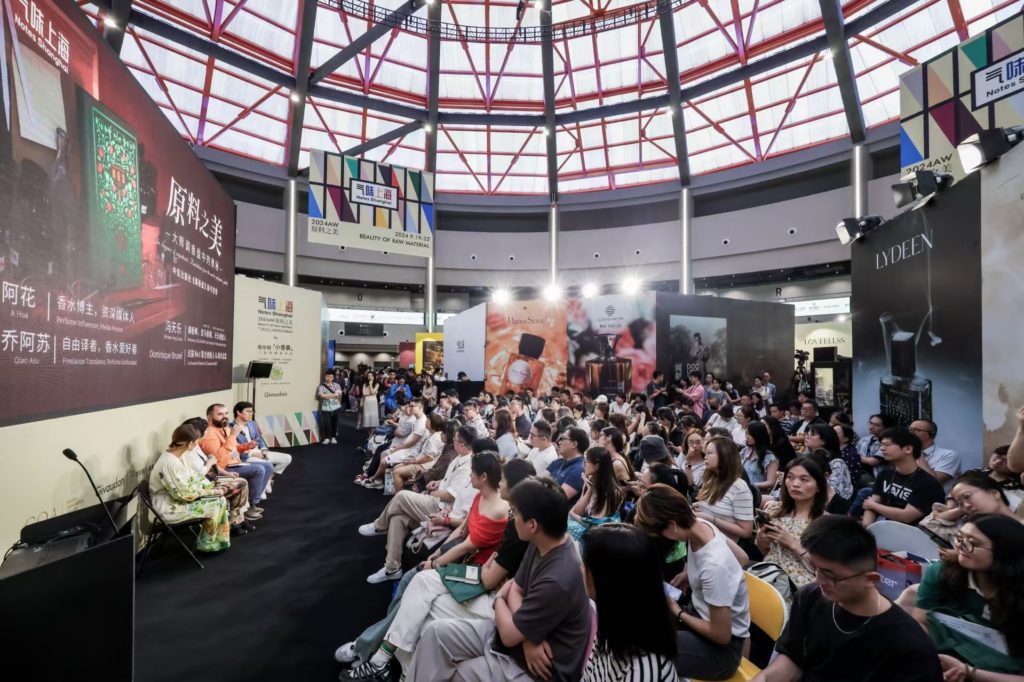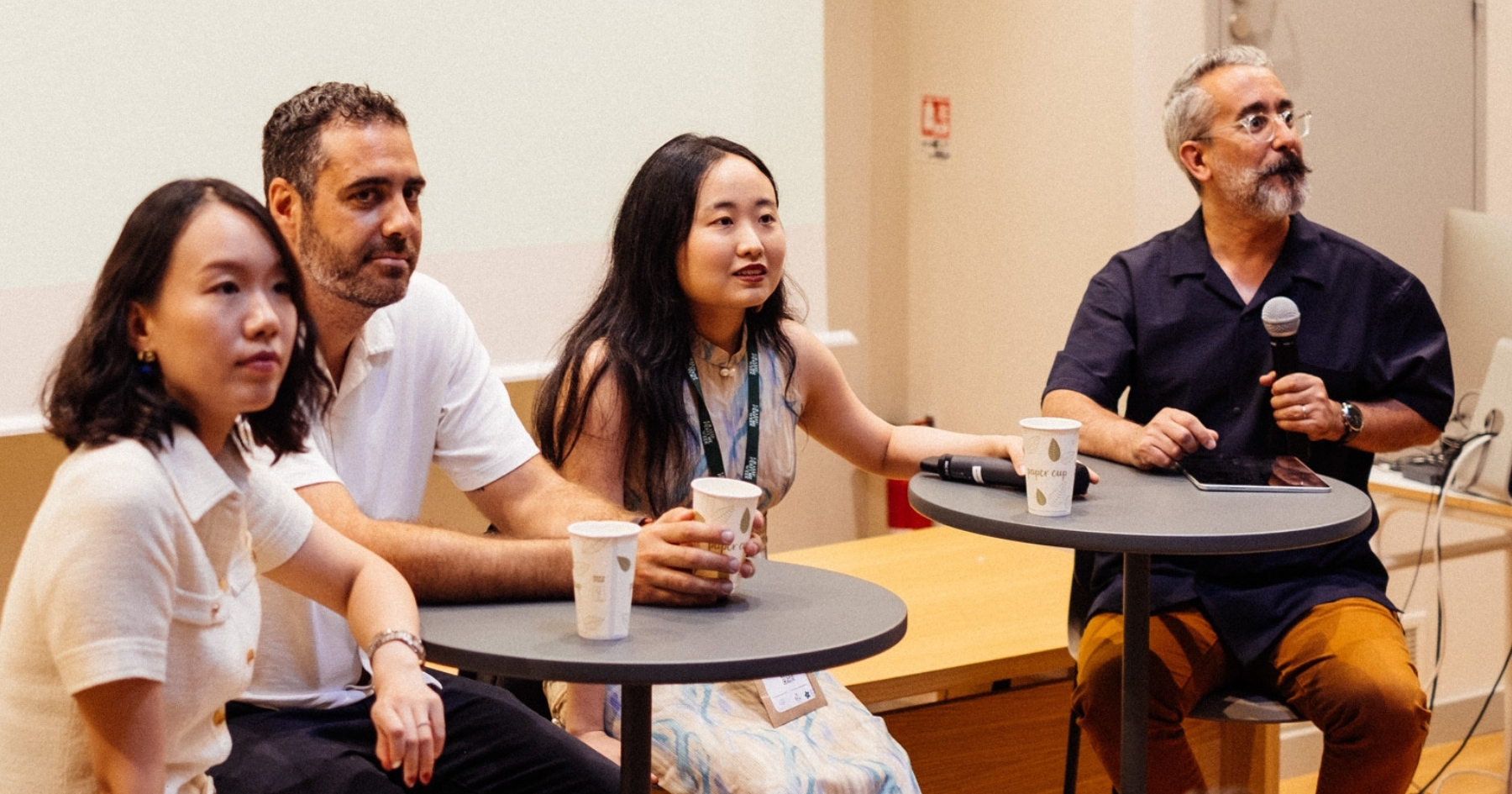Cette publication est également disponible en :
Français
The Chinese market has been a dream for years! And it’s true that some brands, usually supported by major groups, have already managed to establish themselves there. But a turning point occurred in 2024, finally creating a platform for all those wishing to gain a foothold, as well as for fragrance houses aiming to shine among local clients: the launch of the “Notes Shanghai” exhibition.
If the emergence of a domestic market is often confirmed by the creation of professional and/or public events, then “Notes” is undoubtedly the indicator everyone was waiting for—a testament to the Chinese public’s growing appetite for perfume.
Nez had the pleasure of meeting its eclectic and passionate creator, Alex Wu, to learn more.
In a few words, what is Notes Shanghai, and what is its objective?
It is the very first professional event dedicated to fragrance in China. This fair is organised twice a year, in the spring (27 to 30 March 2025) and in October, and each edition brings together over 160 exhibitors and brands, attracting a broad audience of around 15,000 visitors!
What is the typical profile of the exhibitors?
We have a bit of everything, from local and international brands ranging from fine perfumery to functional fragrances. While half of the exhibitors are Chinese, 50% of the participating brands change with each edition, which keeps Notes Shanghai fresh and increasingly attractive.

You also organize numerous conferences. What is their purpose?
I have always believed that substance is more important than form. These conferences, along with the exchange of knowledge they foster, are essential to stimulate the fragrance industry and help to develop a Chinese olfactory culture.
To the point where a free magazine, Nez in China, created in partnership with Nez, will be distributed to your 15,000 visitors. How did this initiative come about?
This editorial collaboration with Nez reflects our global and long-term vision: educate before selling. Although the fragrance market in China has strong potential, it is still in its infancy, and at this stage, we believe the priority is to help consumers acquire solid and diverse knowledge about perfume.
In your opinion, what will be the short-term evolution of this market?
The market has grown very fast recently. We see that more and more young Chinese consumers are using perfumes, and I’m quite happy to notice that their choices are becoming more independent and personal. Beyond the more commercial major brands, they are also very receptive to niche fragrances.
You are also the co-organizer of the Gold Osmanthus Awards. What does this price represent?
The GOA aims to celebrate the immense creativity of professionals in the Chinese fragrance industry. Through the communication surrounding this event, we hope to spark greater consumer interest in fragrance and encourage them to appreciate it. In summary, this non-monetary award is primarily about promoting creative freedom.
Who grants this award, and under what conditions?
The GOA is organized by the China Daily Chemicals Association and managed by the GOA Council. This Council consists of members from fragrance houses, supply chain companies, and distribution companies, but no brands. The selection process for the GOA is very rigorous: everything is done blind, ensuring confidentiality until the final results are announced. We focus exclusively on the perfume itself, without any commercial expectations or considerations.
However, fragrance creation is still largely dominated by fragrance houses with European and American teams. Do you think Chinese perfumers will become increasingly involved?
Absolutely! Many Chinese perfumers are already working for international companies, and more and more young Chinese people are going to France to study perfumery. Fragrance is about memory and expression. Chinese perfumers bring unique perspectives to the use and expression of raw materials. The way some Chinese concepts are expressed can resonate more easily with Chinese consumers.
Back to the event. What are your ambitions for the coming years?
We would like to be more involved internationally and interact with brands from different regions and cultures. Our ultimate goal aims the same: democratizing the richness of an expanding olfactory culture in China.








Comments